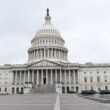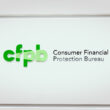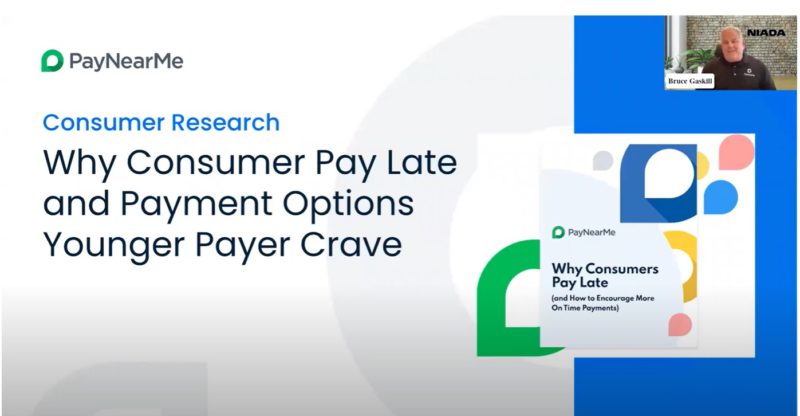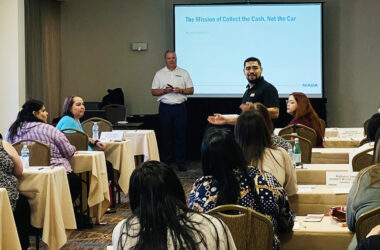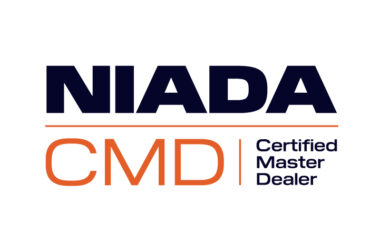Late payments from customers impact many facets of a business, restricting cash flow, taking up resources and costing other opportunities.
In the auto industry, especially for buy-here, pay-here dealerships, finding options to get more consumers to pay on time is critical.
During a recent webinar held by the National Independent Automobile Dealers Association, Bruce Gaskill, Senior Director of Integration Partnerships at PayNearMe presented research on why customers pay late and some solutions to increasing on-time payments.
“A late payment, even a couple days late, can, for a smaller business, impact payroll and daily operating expenses.”
Bruce Gaskill, Senior Director of Integration Partnerships at PayNearMe
“A late payment, even a couple days late, can, for a smaller business, impact payroll and daily operating expenses,” Gaskill said.
“Anything you can do to keep your best customers on time has many pluses.”
PayNearMe polled 2,600 consumers, asking 30 questions about paying bills. The survey hit across different demographics to provide a representation of the U.S. population. Of the respondents, 51 percent said they were late on at least one recurring payment with a 12-month period. Thirty-one percent said they were late on up to three payments in that span and 18 percent were late on four to 10 bills.
“It’s not specific to non-prime lenders,” Gaskill said.
Among individuals 60 and older, 92 percent had three or fewer late payments. In contrast, those 44 and younger were four times more likely to pay late.
“The younger generation scores themselves lower on average when it comes to paying their bills on time,” Gaskill said.
According to the research, a lack of funds drives consumers to pay late, but it isn’t the primary reason for missing payments. For those 45 to 60, procrastination caused 33 percent to pay late. In those 30 to 44, approximately 30 percent reported overlooking physical mail and emails.
Of respondents under 30, 11 percent were late on every payments and 30 percent late every other month.
The younger generations were also not likely to use traditional banking methods, according to the survey, with 30 percent using digital backs for primary accounts. Business Insider reported more than 50 percent of these age groups using digital wallets and more than 75 percent using digital payment apps.
Looking at 140,000 transactions totaling $42 million at 40 BHPH dealerships, 79 percent of payment transactions were completed with debit cards, 13 percent with cash, 7 percent with digital wallets and 4.3 percent with cash apps.
Gaskill suggests accepting as many forms of payment as possible.
“If you are not accepting digital wallet currency, they do have money they can pay you but that money is trapped in these tender types you are unable to accept,” Gaskill said.
The research shows younger people are more apt to set up autopay. Another suggested solution to getting an increase in on-time payments is using smart links in texts. The links take the customer to a portal where a card is saved and allows them to make a payment in less than a minute.
“There’s a 90 percent reduction in inbound calls and more on-time payments,” Gaskill said.
“You want to remove as much friction as possible…A gentle reminder and frictionless customer experience are the two things that eliminate procrastination.”
See the full webinar here.


